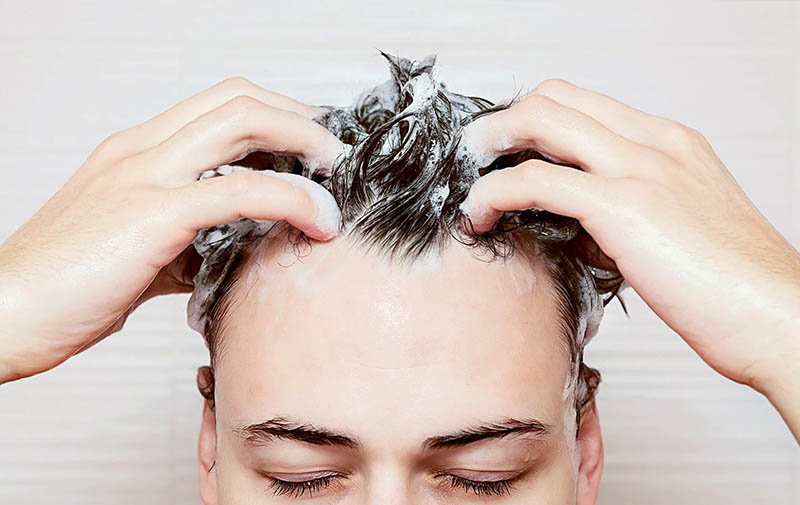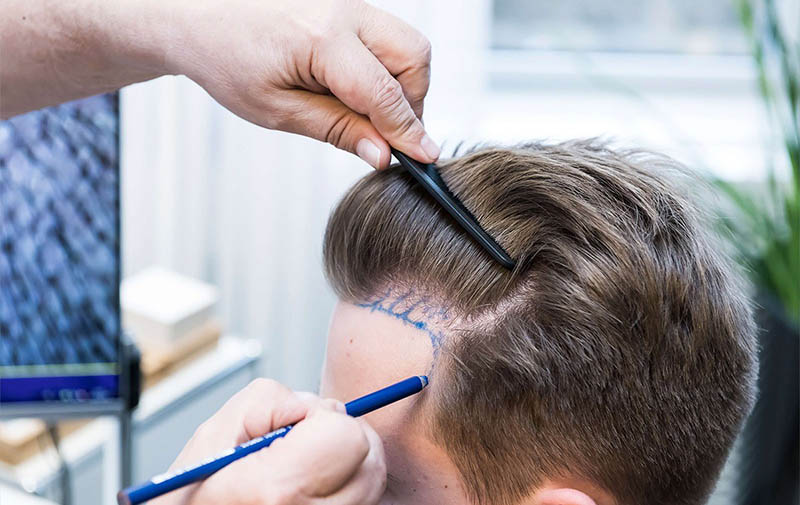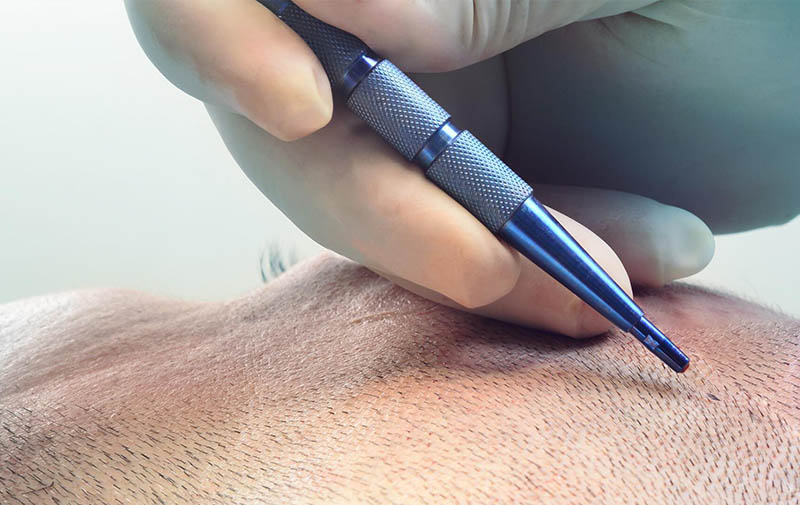
Undergoing a hair transplant is an exciting step towards regaining a fuller head of hair and boosting your self-confidence. After the procedure, proper post-operative care is crucial to ensure optimal healing, minimize complications, and promote successful hair growth.
In this detailed article, we will provide comprehensive instructions on the post-operative care required following a hair transplant procedure, helping you achieve the best possible results.
Also read: Important Considerations Before Getting a Hair Transplant
-
The Immediate Post-Operative Period
Immediately after your hair transplant procedure in Istanbul, it is important to follow these guidelines:
- Take rest: Allow yourself adequate rest and avoid strenuous activities for at least a few days after the surgery. This will aid in the healing process.
- Protect the donor and recipient areas: It is essential to protect the donor and recipient areas from any physical trauma, direct sunlight, or excessive heat. Wear a loose-fitting hat or a protective head covering when going outdoors.
- Avoid touching or scratching the transplanted area: Refrain from touching, scratching, or rubbing the transplanted area, as this can dislodge the grafts and hinder the healing process.
-
Medications and Topical Solutions
Your hair transplant surgeon may prescribe specific medications and topical solutions to aid in healing and promote hair growth. Follow these instructions carefully:
- Antibiotics: Take any prescribed antibiotics as directed to prevent infection.
- Pain medication: If necessary, take prescribed pain medication to alleviate discomfort as per the recommended dosage and frequency.
- Topical solutions: Apply any topical solutions or ointments provided by your surgeon at Medical 11 to the recipient area as instructed. These solutions aid in the healing process and may include antibiotics or anti-inflammatory agents.
-
Hair Washing and Care
Proper hair washing and care are essential to maintain a clean and healthy scalp during the recovery period:
- Follow the washing schedule: Your surgeon will provide specific instructions on when and how to wash your hair after the transplant. Typically, you will be advised to start gentle hair washing within a day or two after the surgery, using a mild shampoo provided by us at Medical 11.
- Gentle washing technique: Be gentle while washing your hair, avoiding any vigorous rubbing or scrubbing of the recipient area. Gently pat dry with a clean towel or allow it to air dry.
- Avoid hot water and harsh products: For the first few weeks, avoid using hot water on the transplanted area. Additionally, refrain from using harsh hair care products such as strong shampoos, conditioners, or styling products.
-
Sleep Position and Head Elevation
Optimal head positioning during sleep can aid in proper healing and prevent any potential damage to the transplanted area:
- Sleep with your head elevated: For the first few nights after the procedure, sleep with your head elevated on a couple of pillows or use a reclining chair. This position helps reduce swelling and promotes proper blood circulation.
- Avoid sleeping on the transplanted area: Avoid any direct pressure or contact with the transplanted area while sleeping. Sleeping on your back is generally recommended during the initial recovery period.
-
Physical Activities and Exercise
While it is important to rest during the initial recovery phase, gradual re-introduction of physical activities can be beneficial:
- Avoid strenuous exercises: Refrain from engaging in strenuous exercises, heavy lifting, or activities that may increase blood pressure or cause excessive sweating for a few weeks following the procedure. This helps prevent dislodging of grafts and promotes proper healing.
- Light exercises and walking: Engage in light exercises such as walking to promote blood circulation and overall well-being. However, consult with your surgeon to determine the appropriate time to resume your regular exercise routine.
-
Follow-up Visits and Care
Regular follow-up visits with your hair transplant surgeon are crucial to monitor progress and address any concerns. Here’s what to expect:
- Scheduled appointments: Your surgeon will schedule follow-up visits to assess the progress of your hair growth, monitor healing, and provide any necessary treatments or adjustments.
- Addressing concerns: If you experience any unusual symptoms, such as excessive pain, bleeding, or infection, contact your surgeon immediately. They are the best resource to address any concerns or complications that may arise.
-
Long-Term Hair Care and Maintenance
To maintain the longevity and health of your transplanted hair, adopt a proper long-term care routine:
- Protect from sun exposure: Once the healing process is well underway, protect your scalp from direct sun exposure by wearing a hat or applying sunscreen specifically designed for the scalp.
- Gentle hair care: Treat your transplanted hair with care. Avoid excessive brushing, tugging, or styling that may cause unnecessary stress on the transplanted follicles.
- Follow your surgeon’s advice: Follow the recommendations provided by your surgeon regarding long-term hair care products, shampoos, conditioners, and styling techniques to maintain the health and appearance of your transplanted hair.
Conclusion
Proper post-operative care plays a vital role in the success of your FUE hair transplant procedure. By following the detailed instructions provided by your hair transplant surgeon, you can ensure optimal healing, minimize complications, and promote successful hair growth.
Remember to consult with your surgeon for personalized guidance tailored to your specific needs and situation. With diligent care and patience, you can achieve the desired results and enjoy the benefits of your hair transplant for years to come.






[…] deciding to proceed with the Sapphire FUE hair transplant, you will receive detailed hair transplant post-op instructions from the Medical 11 Clinic on how to prepare for the procedure. These instructions may include guidelines on medications to […]